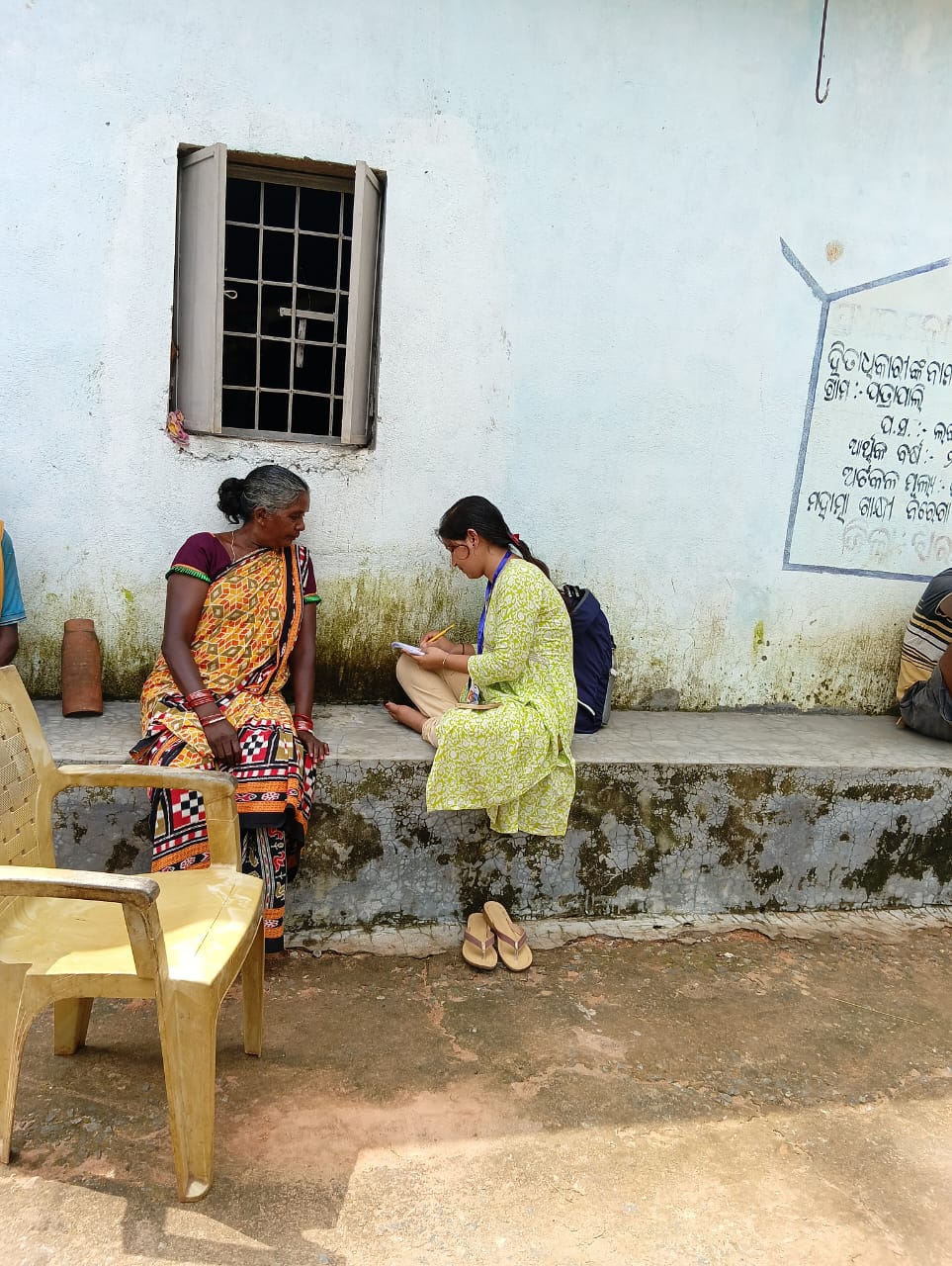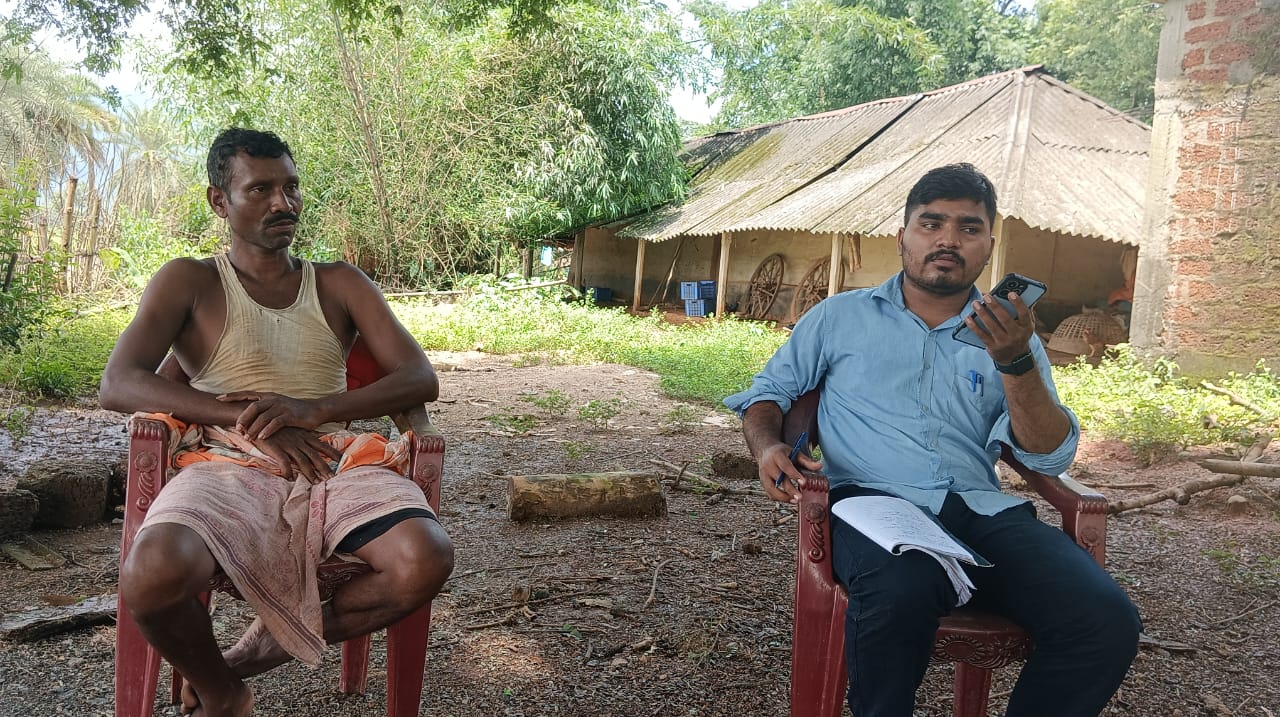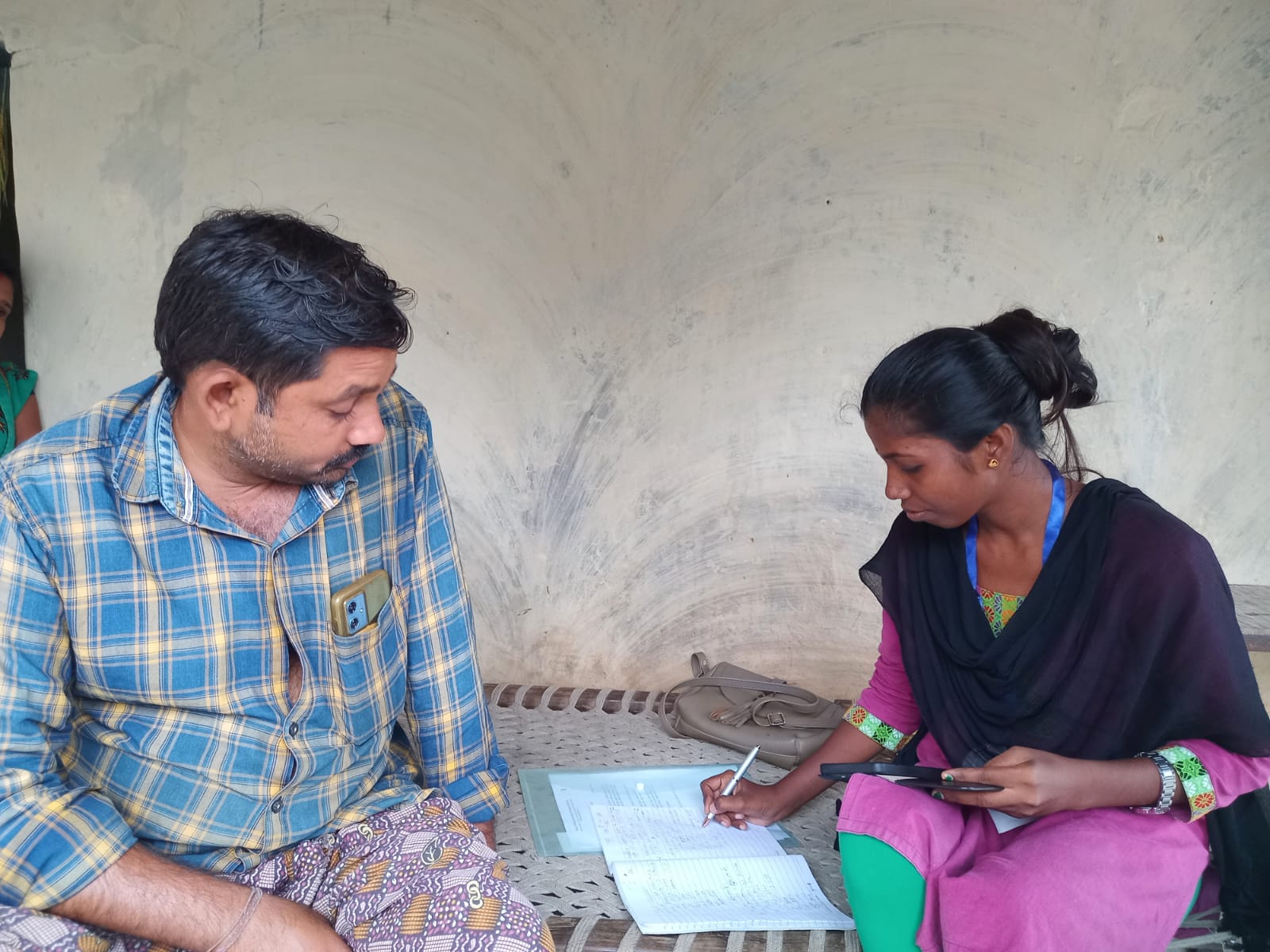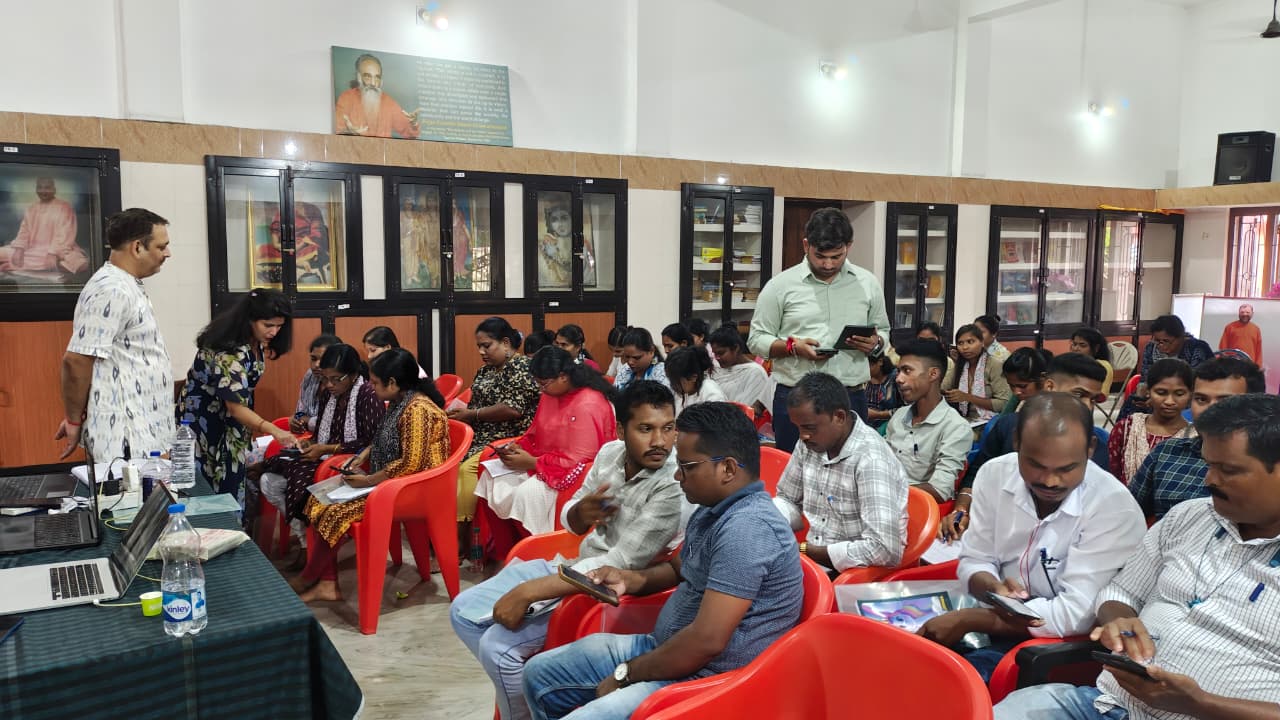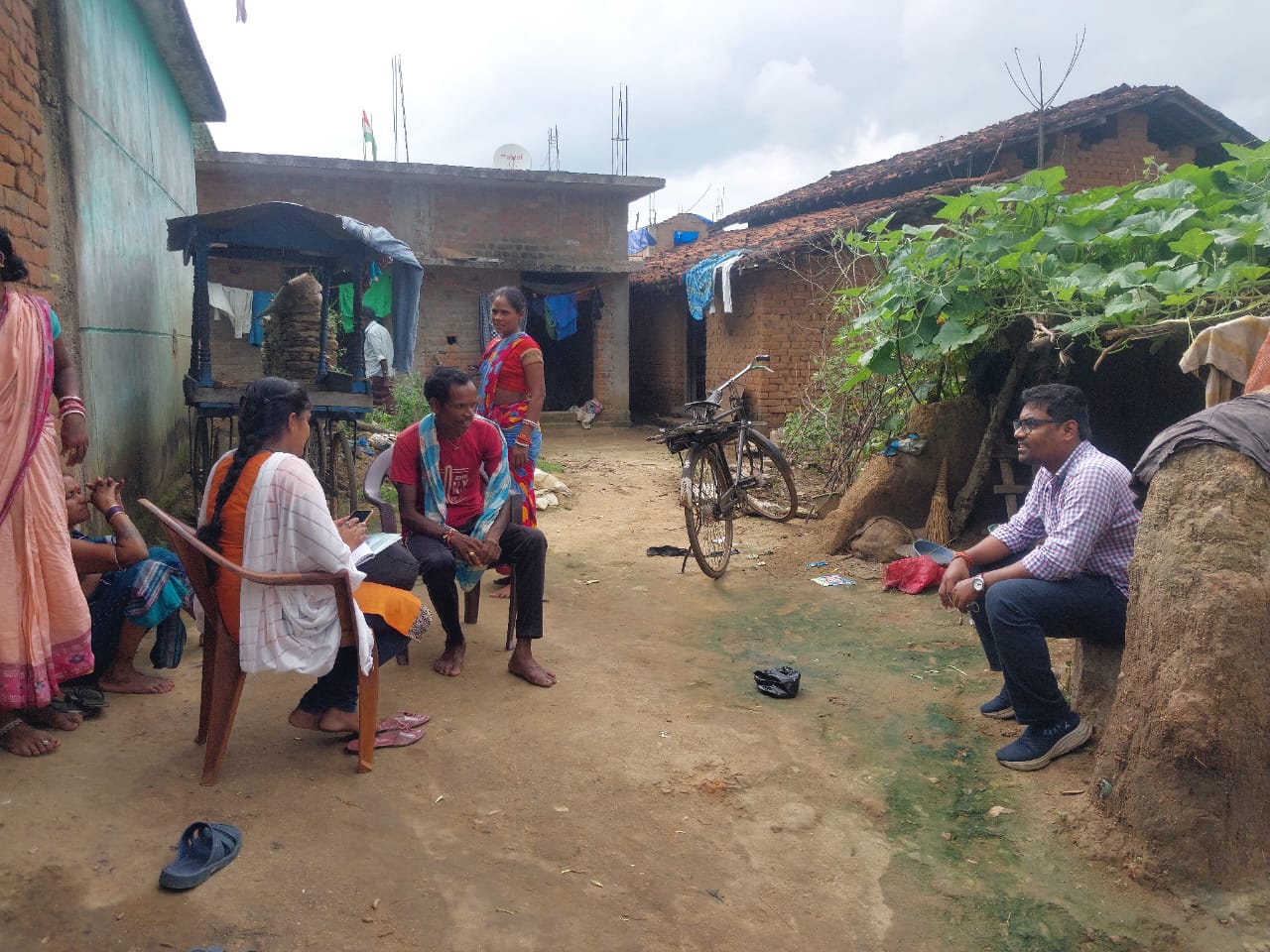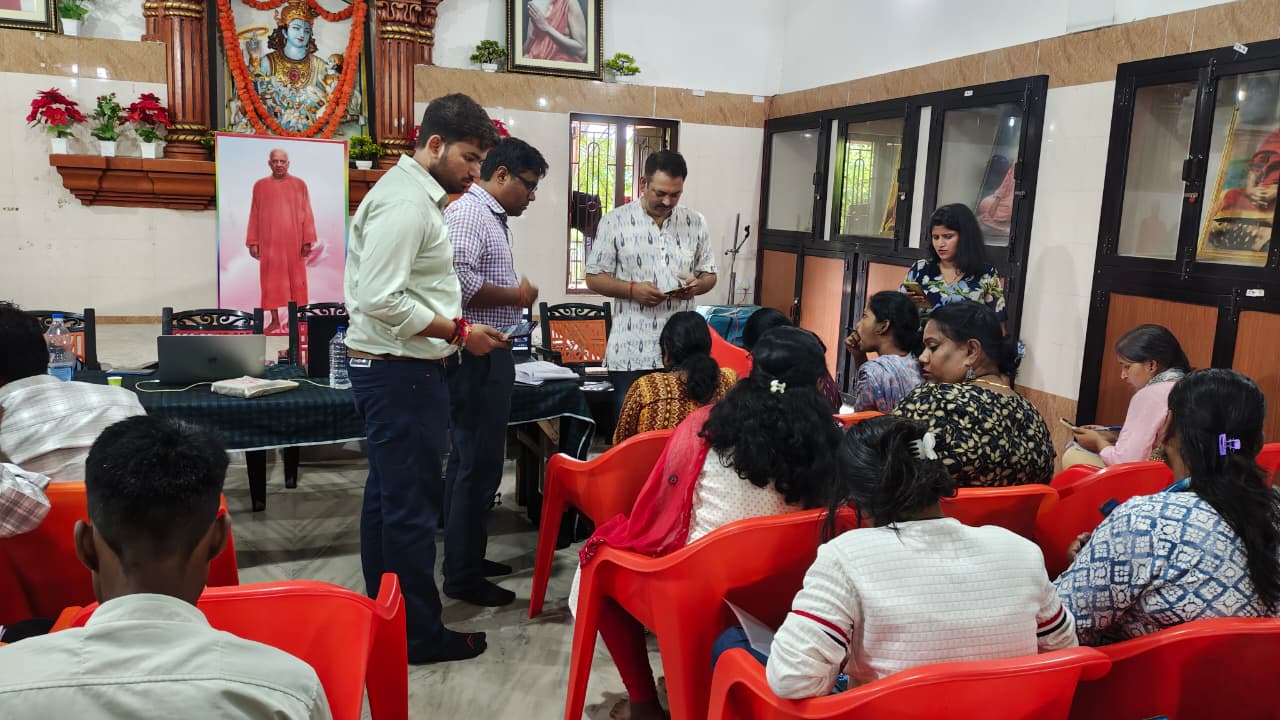
Agricultural Household Survey (2024–25)
This study aims to generate reliable, field-based data on the socio-economic and agronomic conditions of rural households in Bihar, Uttar Pradesh, and Odisha during the 2024–25 agricultural year, covering both Kharif (June–Dec 2024) and Rabi (Oct 2024–June 2025) seasons.
The survey investigates:
- Household demographics and landholding patterns
- Cropping choices, input use, and farming techniques
- Access to irrigation, credit, markets, and government schemes
- Crop yields, production costs, and income from agriculture
- Challenges such as climate stress, pest infestations, and market barriers
Data Collection Method:
Computer-Assisted Personal Interviews (CAPI) using an Android-based application (Survey CTO) to ensure accuracy, consistency, and ease of monitoring.
Client Organization: Arcus Policy Research
Location: New Delhi
Established: 2021
Arcus is a think tank focused on strengthening agriculture and allied sectors through evidence-based policy and program support. It works across themes such as:
- Rural livelihoods
- Climate resilience
- Bioenergy
- Gender inclusion
Arcus collaborates with governments, international organizations, NGOs, and Farmer Producer Organizations (FPOs) to enhance development program design and impact.
Odisha-Specific Implementation
Survey Districts in Odisha:
- Boudh
- Jharsuguda
- Kalahandi
- Kendujhar
- Mayurbhanj
- Nuapada
These districts represent diverse agro-ecological and socio-economic profiles across central, western, and northern Odisha.
Sample Size:
Total Respondents: 6,000 (1,000 per district)
- C1 (FPO Members & Beneficiaries): 500 per district
- C2 (Non-beneficiary Households): 500 per district
Eligibility Criteria for Respondents:
- Must live under the same roof and share the same kitchen
- Must have resided in the household for at least six months
- Must be actively involved in farming or have substantial knowledge of agricultural activities
- Income should be sustained by agricultural activities
Survey Structure by District:
| District | FPO Members (C1) | Non-beneficiaries (C2) | Total Respondents |
|---|---|---|---|
| Boudh | 500 | 500 | 1,000 |
| Jharsuguda | 500 | 500 | 1,000 |
| Kalahandi | 500 | 500 | 1,000 |
| Kendujhar | 500 | 500 | 1,000 |
| Mayurbhanj | 500 | 500 | 1,000 |
| Nuapada | 500 | 500 | 1,000 |
| Total | 3,000 | 3,000 | 6,000 |
Location: Odisha , UP , Bihar

